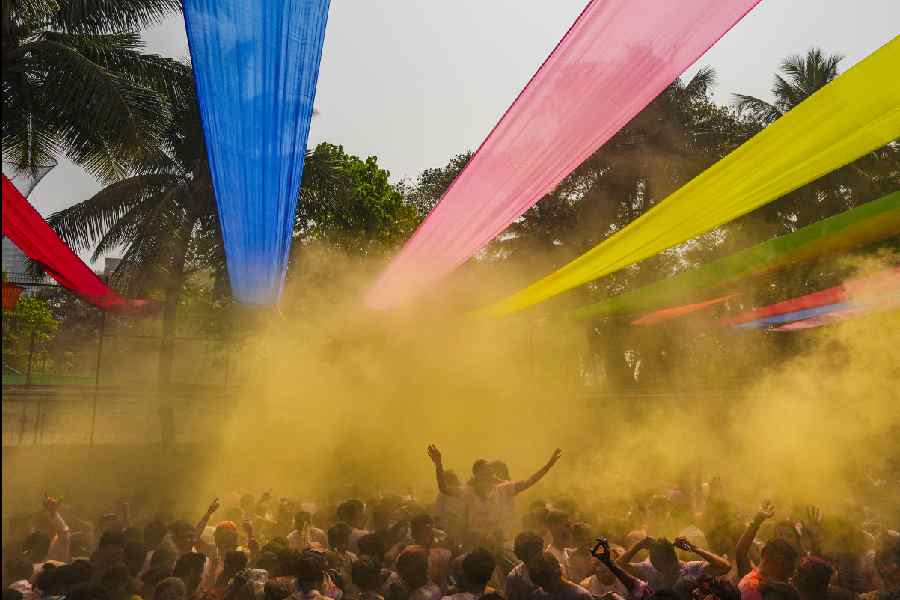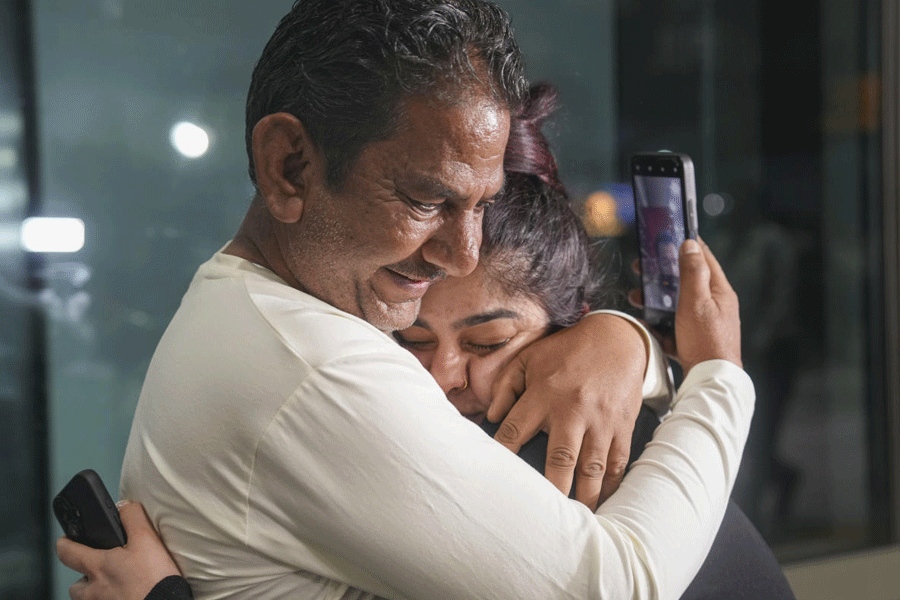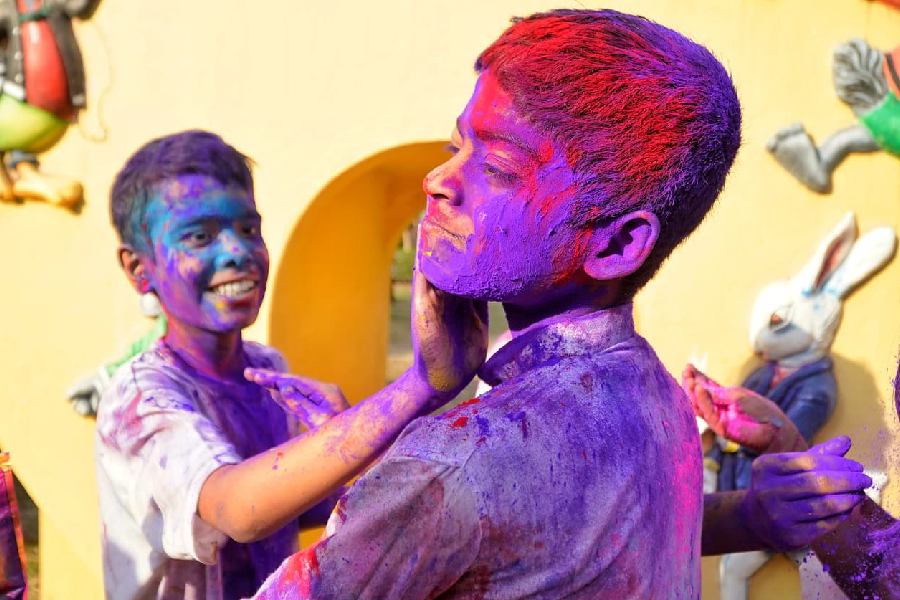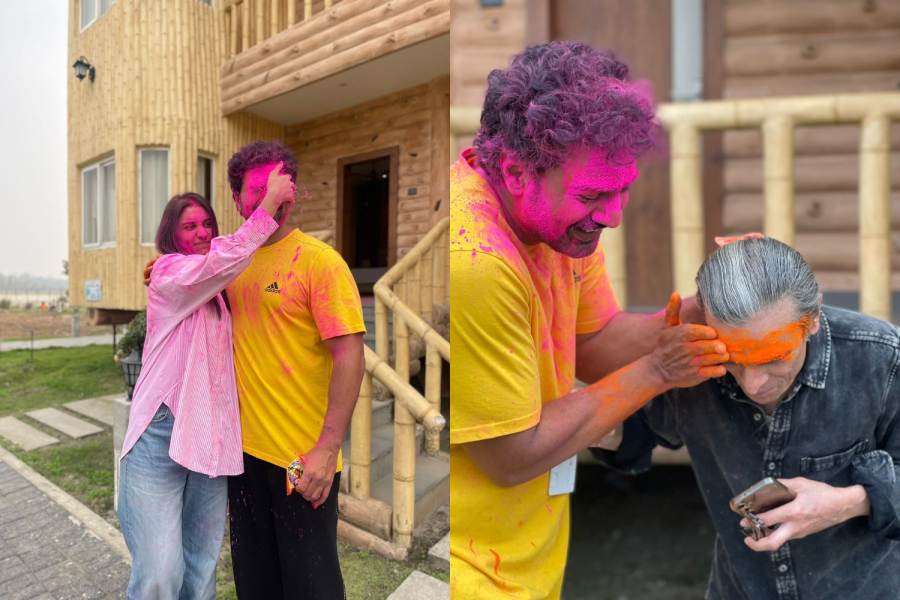 Tuesday, 03 March 2026
Tuesday, 03 March 2026
 Tuesday, 03 March 2026
Tuesday, 03 March 2026
Gene Hackman once said he was trained to be an actor, not a star.
Hackman, who turned 95 last month, was found dead along with his wife, Betsy Arakawa, and the couple’s pet dog at their residence in Santa Fe, New Mexico on Wednesday night.
At California’s Pasadena Playhouse – whose alumni list includes David Niven, Ernest Borgnine, Lee J. Cobb, Charles Bronson and Nick Nolte among others – is where the two-time Academy award winner Hackman trained to be an actor along with fellow Oscar winner and long-time friend, Dustin Hoffman.
Their classmates had voted both Hackman and Hoffman as the least likely to succeed.
Hackman did not fit any bills. His was not a chiselled face like a Robert Redford or a Paul Newman. He lacked the flamboyance of a Warren Beatty; neither did he have the sulking brawn of a Clint Eastwood or a Charles Bronson or a Steve McQueen.
Hackman was the everyman.
In every scene that he appeared – sharing the screen space with Eastwood in Unforgiven and Absolute Power, Al Pacino in Scarecrow, Warren Beatty in Bonnie and Clyde (his first breakthrough role), Robbin Williams in Birdcage, Willem Dafoe in Mississippi Burning and Morgan Freeman in Unforgiven and Under Suspicion – he was the unmistakable star.
Born in California’s San Bernandino in 1930, Hackman came from a broken home. His father had walked out on him while he was still a teen; his mother burnt herself to death.
Moving from family to family, Hackman fudged his age to become a US Marine and find an escape from his life. In an interview he had said that broken homes have sired many good actors.
During his early years in New York with friend Hoffman and another future acting legend, Robert Duvall, Hackman took up sundry jobs as doorman to supplement his income while doing odd roles off and on Broadway.
It was during his stay in New York when a former drill sergeant of his from the Marines spotted him outside a New York hotel – where he was employed as a doorman – and rubbed in once again that he knew Hackman would never “amount to anything”.
Carrying on with the bit roles, Hackman landed his first screen break with Warren Beatty in Lilith. That role convinced Beatty to sign Hackman to play his brother in the iconic Bonnie and Clyde.
Four years later came William Friedkin’s The French Connection, where Hackman played the tough-as-nail, racist New York city police detective of the narcotics division. It had two extraordinary sequences, one inside the New York subway and the other a car chase – the latter among the best car chase scenes ever filmed.
Hackman became Jimmy “Popeye” Doyle. It fetched him his first Academy award. After that, he never looked back till he walked away from the camera and took to writing mostly historical fiction.
He could play deadpan. He could also play the mean, complicated authoritarian figure. Even though authority is something that he had a problem adjusting to in his life as a Marine. Hackman once said he was not a good Marine.
Even between characters, Hackman could easily switch genres – as he displayed in Birdcage, playing a conservative senator forced to escape in drags.
He stood out as the troubled surveillance expert in Francis Ford Coppola’s The Conversation, a basketball coach seeking redemption in Hoosiers, a hardened FBI agent trying to track the killers of black civil rights activists with a rookie agent in tow.
Hackman’s character singing the anthem of the Ku Klux Klan with a malicious smile while his colleague Dafoe drives them to Mississippi will remain one of the greatest character introductions in Hollywood films.
Hackman had initially turned down the role that fetched him another Academy award, in Eastwood’s western Unforgiven. He changed his mind and played the crooked Sheriff Bill Daggett, alongside Eastwood and Morgan Freeman.
The film was a departure from the westerns that Eastwood had acted and directed in the ’60s and ’70s. While Eastwood did not return to the genre till 2021, Hackman went on to act in a few more including The Quick and The Dead with Sharon Stone, Russell Crowe and a kid called Leonardo DiCaprio.
“If I start to become a ‘star’, I’ll lose contact with the normal guys I play best,” Hackman had once said.
He was among the last of the Mohicans from the golden age of Hollywood. He was one of the brightest shining stars. He will always remain so.







